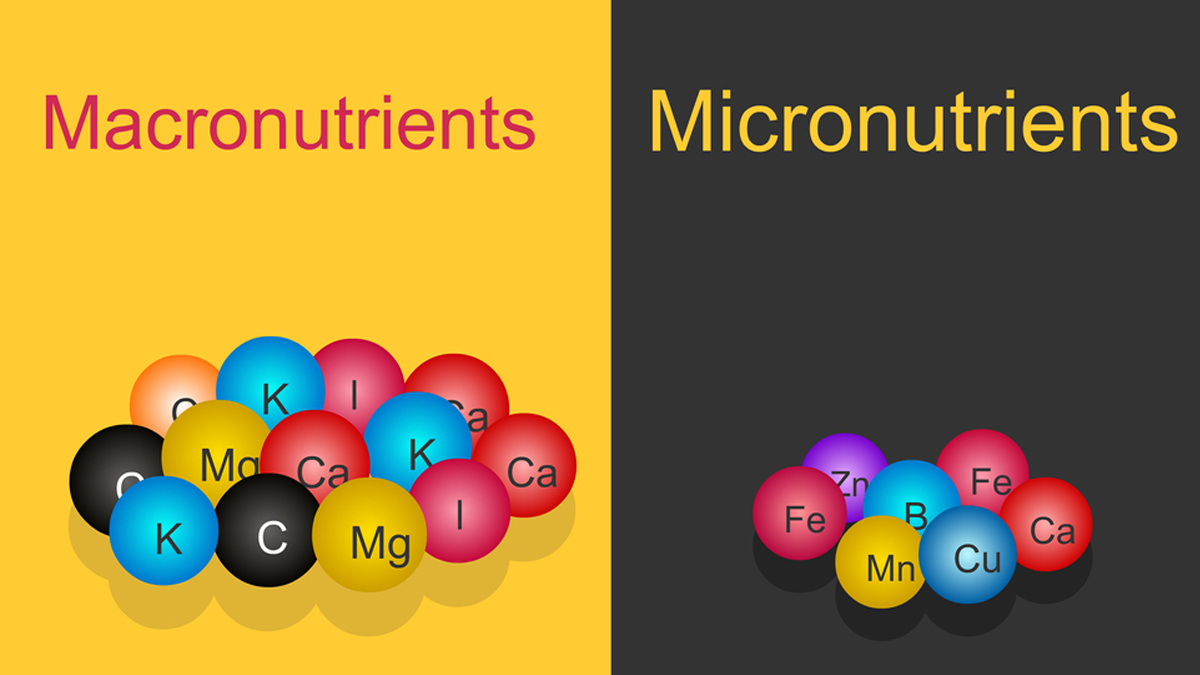
We've all been tempted by those enticing ads that promise miraculous weight loss results in no time. “Shed those extra pounds just in time for that special occasion. If it worked for them, why not me?” you wonder. But can you truly achieve the same results as that social media influencer or movie star just because they say so? Reality is often far from the glossy images we are bombarded with daily. To understand the impact of these unmonitored diets, we spoke to Sana Khan, Clinical Nutritionist and Director-Growth, Twin Health, who shared insights on the same.
Table of Content:-
Many 'trendy diets' lack scientific support and can do more harm than good. Despite the hype, these diets can disrupt our physiology, leading to serious health risks and long-term metabolic damage. There is no 'one size fits all' when it comes to your health and well-being, said Khan. These diets are often unhealthy because they typically don't provide enough calories and nutrients, as stated in a 2016 study.
Before delving deeper, let's first understand the basics of nutrition and metabolism.
Understanding Nutrition and Metabolism

Macronutrients and Micronutrients
“Humans need energy-delivering macronutrients (fat, carbohydrate, protein), while micronutrients play a central role in metabolism and the maintenance of tissue function,” said Khan. When it comes to providing energy, any one of the macronutrients—fat, carbohydrate, or protein—can be substituted for another. Micronutrients play a crucial role in maintaining the ongoing process of body reconstruction and metabolism, with individual requirements varying based on diverse metabolic conditions across different life stages.
Importance of Micronutrients
“To ensure metabolic pathways function properly, micronutrients are indispensable. Unlike macronutrients, they cannot substitute for each other and cannot be synthesised within the body,” added Khan. We depend on the essential micronutrients delivered through our food. The extent to which our diet meets our micronutrient needs depends on various factors including age, lifestyle, hormonal activity, exercise habits, and the bioavailability and duration of action of the micronutrient.
Also Read: Following A Vegan Diet? Expert Explains What You May Be Lacking And How To Choose The Right Option
Role of the Human Microbiome
In addition to macronutrients and micronutrients, the human microbiome is integral to nutrient metabolism and overall health. According to a 2013 study, the gut microbiota produces various nutrients, such as short-chain fatty acids, B vitamins, and vitamin K. Additionally, by interacting with receptors on epithelial and subepithelial cells, the microbiota release cellular factors that impact human metabolism.

Challenges in Nutritional Guidelines
The complexity of Recommended Dietary Allowance (RDA) guidelines is increased by the bioavailability and half-life of micronutrients, typically designed for healthy individuals. “However, for people with dysfunctional metabolism—resulting in chronic conditions like diabetes, obesity, and fatty liver—calorie counting alone is insufficient. Therefore, technology-enabled precision nutrition recommendations are crucial as they are tailored to the individual's specific metabolic conditions,” highlighted Khan.
Nutrient Utilisation in Dysfunction Metabolism
Traditional nutritional guidelines fall short for individuals with dysfunctional metabolism because their bodies process nutrients differently. Factors like altered nutrient absorption, impaired hormone regulation, and chronic inflammation influence how effectively nutrients are utilised.
Our bodies are sensitive to errors in metabolism and need various amino acids and proteins to function properly. For example, calcium, potassium, and sodium are essential for the brain to produce electrical impulses, while lipids, such as fats and oils, are necessary to sustain a healthy nervous system.
Also Read: Metabolism And Ageing: Expert Explains Changes In Metabolism As You Age
Metabolic disorders can take many forms, including:
- Missing enzymes or vitamins necessary for important chemical reactions
- Abnormal chemical reactions hindering metabolic processes
- Diseases in the liver, pancreas, endocrine glands, or other organs involved in metabolism
- Nutritional deficiencies
These factors are mainly induced by the bioavailability of nutrients from the food we eat. Therefore, the balance of macronutrients, micronutrients, and biota nutrients is essential for ensuring a healthy body and preventing metabolic damage, especially for individuals with chronic conditions. The bioavailability of nutrients depends on the other nutrients present in the body at that time, making it a dynamic process.
Role of Technology in Personalised Nutrition

Khan said, “Every human body is different, and so is the way we process our food. Advances in technology offer a revolutionary approach to personalised nutrition. These technologies use artificial intelligence to analyse multiple personal data points every 24 hours, creating a unique metabolic profile. This profile serves as a dedicated guide, continuously recommending simple and precise actions to help individuals achieve their health goals and optimise their well-being.”
Utilising tools like Continuous Glucose Monitors (CGM), blood pressure cuffs, smart body scales, and activity trackers, along with periodic blood work and other health data, these technologies personalise programs. A dedicated care team, including health coaches and physicians, collaborates with individuals to understand their unique biology and preferences, supporting them towards lasting behavioural change and better health.

Importance Of Personalised Nutrition
“Human metabolism is a complex process unique to each individual, influenced by factors beyond diet, such as exercise, sleep, stress, and even breathing. Fad diets often overlook these factors, leading to issues like nutrient deficiencies, muscle loss, and a slower metabolism. This can make weight loss challenging and maintaining it even more so,” highlighted Khan.
The most effective approach to weight loss and overall health is through a personalised plan that takes into account your genetics, lifestyle, and metabolic health, offering a comprehensive and tailored strategy for lasting results and overall well-being.
Bottomline
Khan concluded, “Unmonitored diets can be detrimental, especially for individuals with disrupted metabolism. Personalised nutrition plans, informed by technology and a holistic understanding of individual needs, offer a more effective and sustainable approach to health and well-being.”
[Disclaimer: This article contains information provided by an expert and is for informational purposes only. Hence, we advise you to consult your own professional before making any dietary changes, especially if you are dealing with any health issues.]
Also watch this video
How we keep this article up to date:
We work with experts and keep a close eye on the latest in health and wellness. Whenever there is a new research or helpful information, we update our articles with accurate and useful advice.
Current Version